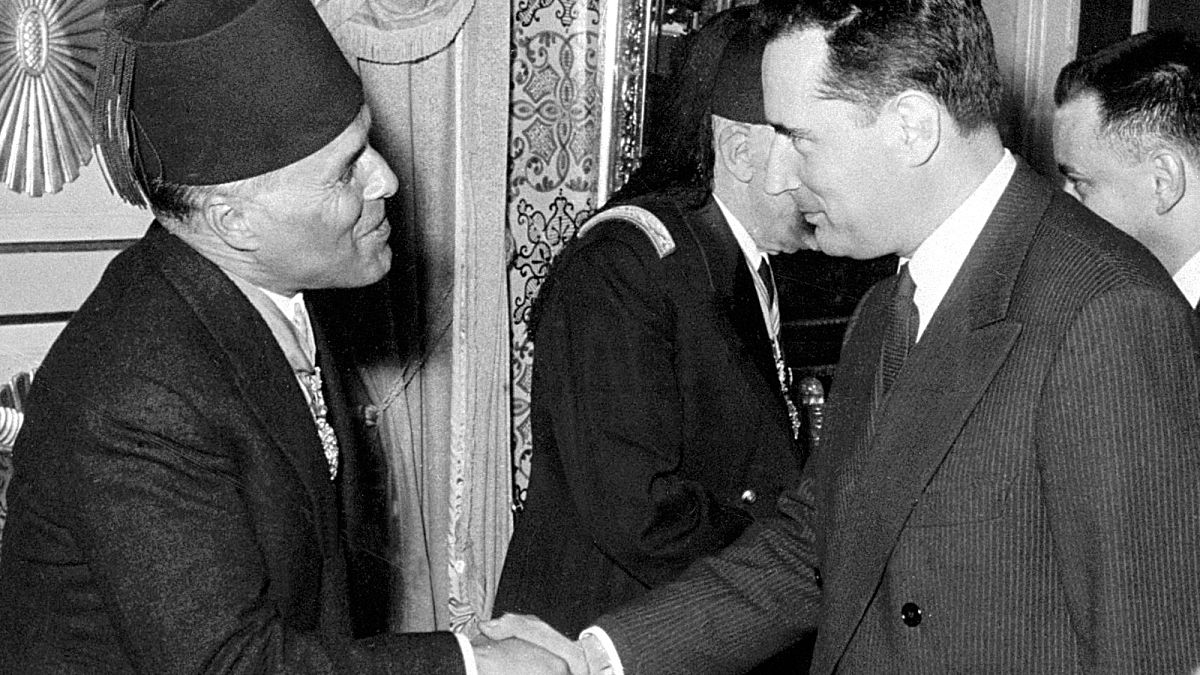The motion did not pass amid fears it would jeopardise relations with France, Tunisia's most important commercial partner.
Tunisian MPs, after a heated 14-hour debate, rejected a motion calling on France to apologise for "crimes" perpetrated during the colonial era and pay reparations.
Opponents argued that such a move would spell economic disaster given that France is Tunisia’s top trade partner and number one foreign investor.
France is also home to hundreds of thousands of Tunisians.
But those who launched the motion said an apology was necessary to “turn the page on this dark period” in the history of the two countries and put their relations on a more equal footing.
France occupied Tunisia for 75 years, from 1881 until 1956, though French soldiers only left Tunisian territory in 1963.
The debate comes amid renewed anger in some European countries about colonial-era crimes, following US protests over racial injustice and police violence sparked by George Floyd’s death.
The motion to demand an “official and public apology from the French state for crimes, assassinations, torture, rape, forced deportation and looting of natural resources” was presented by the Islamist nationalist party Coalition Al Karama, accounting for 19 lawmakers in the 217-seat assembly.
The motion was rejected after 77 votes in favour, 46 abstentions and five votes against, as it needed an absolute majority of 109 votes to pass.
The bill also demanded “compensation to the Tunisian state and to all those who suffered the pain of colonisation.”
“We are not animated by any bitterness or hatred, but such apologies will heal the wounds of the past,” Al Karama president Seifeddine Makhlouf argued.
He used the example of Germany, which apologised to France over the Nazi occupation, noting that the two countries “are now allies and the leading partners in Europe”.
However, he caused an outcry when he attacked the first president of Tunisia, Habib Bourguiba, calling him “the servant of France”.
Lawmaker Mustapha Ben Ahmed of the Tahya Tounes (Vive la Tunisie) party said, “We are for the most part the children of Bourguiba, who led the liberation struggle of the country after long years of imprisonment and deportations and built modern Tunisia" by improving the education system and emancipating women.
The leader of moderate Islamist party Ennahdha was among those who said the move could harm Tunisia’s economic interests and its most important international alliance.
Others, worried about Tunisia’s years-long economic crisis and 15% unemployment rate, said that the motion was too hastily prepared.
“We are not going to feed Tunisians with such motions,” said Osama Khelifi of the Qalb Tounes (Heart of Tunisia) party.
French President Emmanuel Macron called colonialism "a grave mistake" and a "serious fault" during a visit to the Ivory Coast in late 2019.
